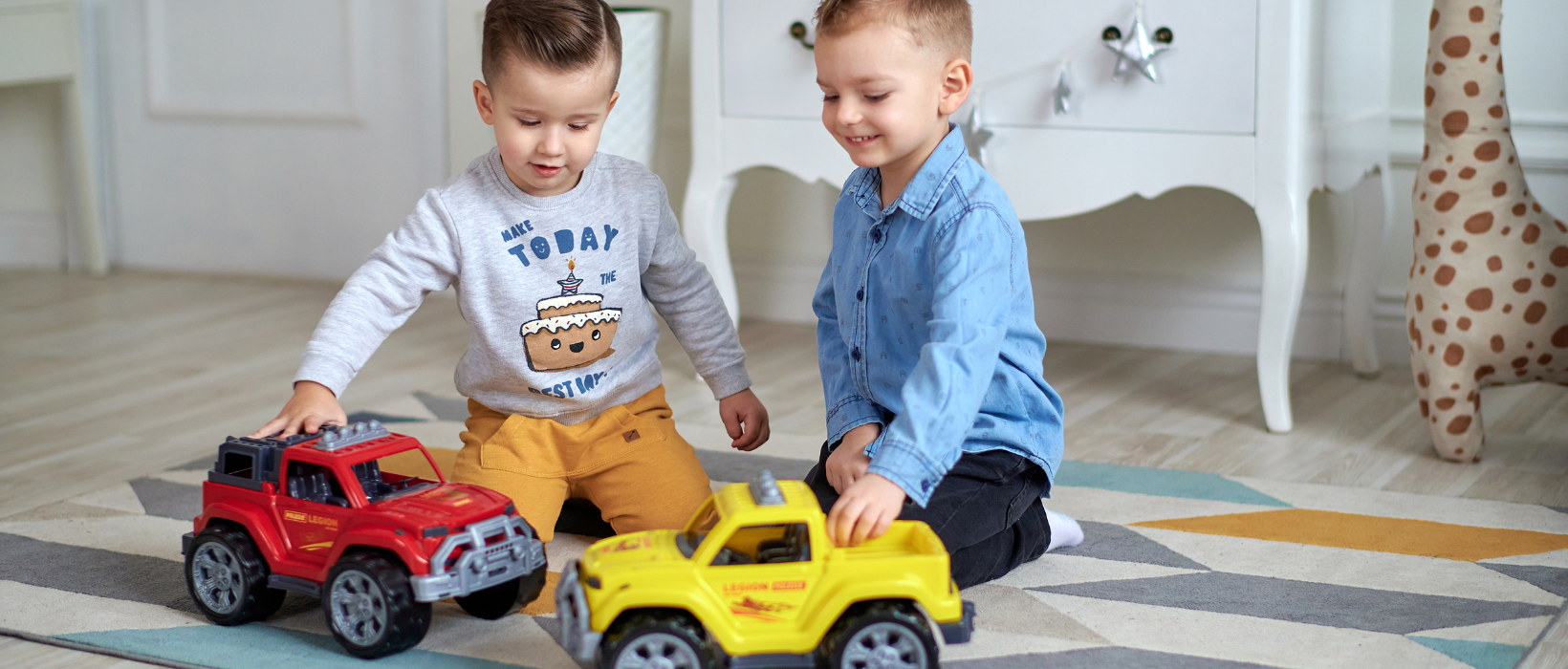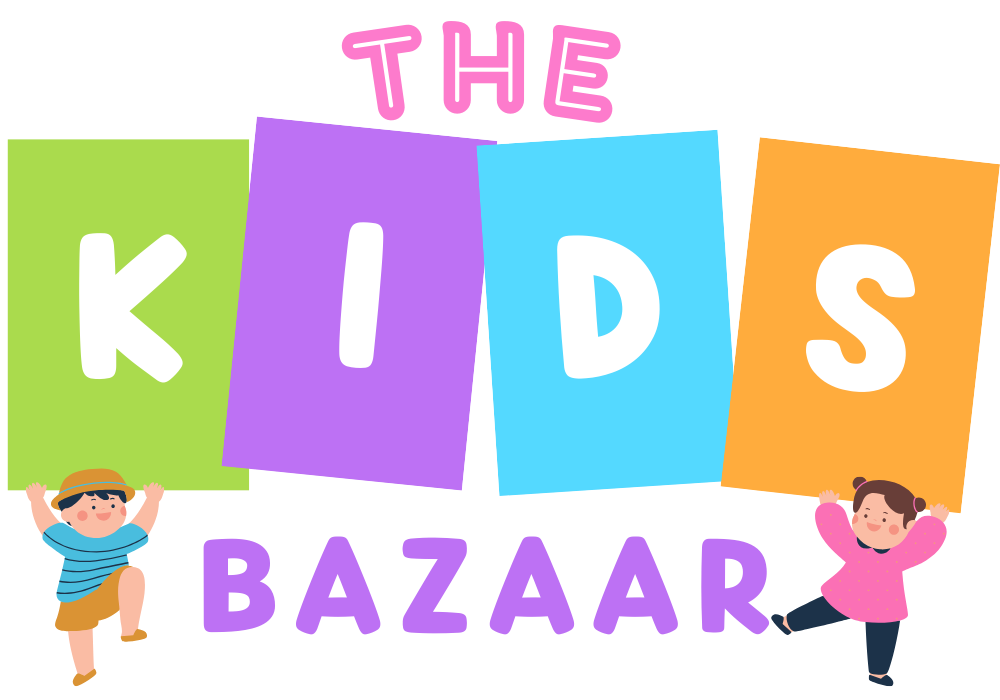
The Importance of Kids' Toys: Learning Through Play
Toys are more than just fun and games; they are essential tools for children's development. From enhancing creativity to fostering social skills, the right toys can have a profound impact on a child's growth. In this blog, we'll explore the significance of kids' toys, the different types available, and tips for choosing the best toys for your little ones.
1. Why Are Toys Important for Children?
Toys play a crucial role in a child's development for several reasons:
-
Cognitive Development: Toys that challenge children intellectually, like puzzles and building blocks, promote problem-solving skills and critical thinking.
-
Physical Development: Toys that encourage physical activity, such as balls and ride-on toys, help improve motor skills and coordination.
-
Social Skills: Interactive toys, like board games or dolls, foster social skills and teamwork as children learn to share, take turns, and communicate with others.
-
Emotional Growth: Role-playing toys, like dress-up clothes and action figures, allow children to express their feelings and understand different perspectives.
-
Creativity and Imagination: Creative toys, such as art supplies and construction sets, stimulate imaginative play, helping children develop their artistic skills and think outside the box.
2. Types of Kids' Toys
When it comes to kids' toys, the options are endless. Here are some popular categories:
-
Educational Toys: These toys are designed to teach specific skills or concepts. Examples include alphabet blocks, science kits, and STEM (science, technology, engineering, and mathematics) toys.
-
Creative Toys: Toys that inspire creativity include art supplies, musical instruments, and building sets. These encourage children to express themselves and explore their imagination.
-
Outdoor Toys: Encouraging outdoor play, these toys can include bicycles, kites, or garden tools. They promote physical activity and help children connect with nature.
-
Role-Playing Toys: Costumes, play kitchens, and toolsets allow children to engage in imaginative play, developing their social and emotional skills through storytelling.
-
Board Games and Puzzles: These promote strategic thinking and problem-solving while providing opportunities for family bonding and cooperative play.
-
Construction Toys: Building sets like LEGO encourage spatial awareness and fine motor skills as children create structures and designs.
3. Tips for Choosing the Right Toys
When selecting toys for your child, consider the following tips:
-
Age Appropriateness: Always check age recommendations on toys to ensure they are safe and suitable for your child’s developmental stage.
-
Quality and Safety: Look for toys made from durable, non-toxic materials. Ensure that they meet safety standards to prevent hazards like choking or injury.
-
Encourage Skill Development: Choose toys that align with your child's interests and promote their growth. For example, select puzzles for problem-solving skills or musical instruments for creativity.
-
Promote Active Play: Consider toys that encourage physical activity, whether it’s outdoor play equipment or sports gear.
-
Balance Electronics and Traditional Toys: While tech toys can be engaging, balance them with traditional toys that foster hands-on learning and imaginative play.
4. Creating a Playful Environment
Beyond just providing toys, creating a stimulating play environment can enhance your child's playtime experience:
-
Organise Play Areas: Designate specific areas for different types of play (creative, physical, etc.) to encourage exploration and organization.
-
Rotate Toys: To keep playtime fresh and exciting, rotate your child's toys regularly. This can help maintain their interest and encourage them to rediscover forgotten favorites.
-
Encourage Group Play: Invite friends or siblings to play together. This fosters social interaction and helps children learn valuable interpersonal skills.
-
Be Involved: Play alongside your child. Engaging with them not only enhances the experience but also strengthens your bond.
Conclusion
Kids' toys are vital for development, offering countless benefits that extend beyond mere entertainment. By choosing the right toys and fostering a playful environment, parents can support their child's growth in various aspects of life. Remember, play is not just fun—it's an essential part of learning and development. So, embrace the world of toys, and let your child’s imagination run wild!
